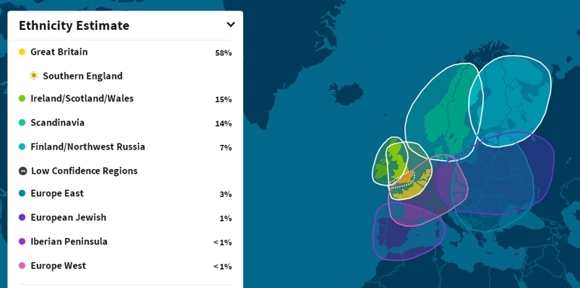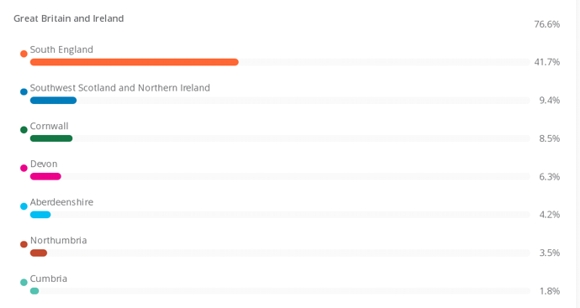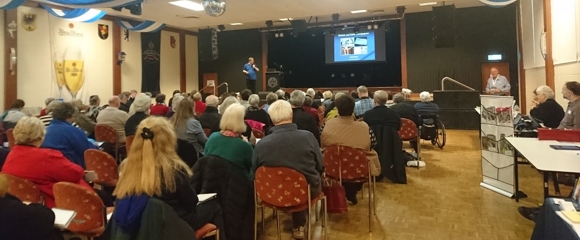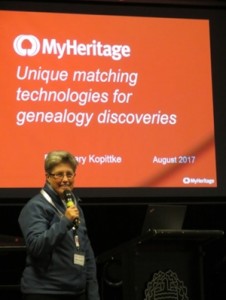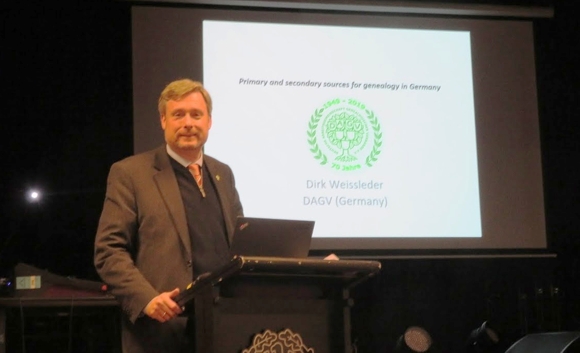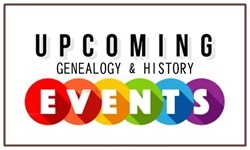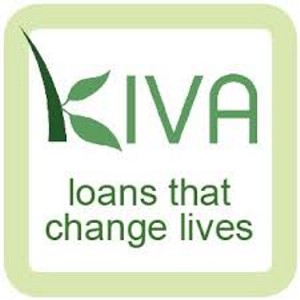Dipping My Toes in to Irish Genealogy Research
Apart from my British, Finnish and a little European heritage, I have some Irish blood in me too. About 30% in fact (according to my AncestryDNA test). But the whole Irish side is one that I’ve pretty much avoided. Afterall, there are so many other lines and branches to follow … so it always ended up in the “I’ll get to it one day” pile.
Well I’ve just discovered John Grenham’s YouTube channel. And to say I’m a fan is an understatement.
For anyone who hasn’t heard of John Grenham, he is like THE No.1 authority on Irish genealogy research. The Godfather of it so to speak. He’s also the author of the best known Irish research book “Tracing Your Irish Ancestors“, now up to the 5th edition, and which is commonly referred to as the Bible for Irish research. So in other words, he knows his stuff.
He also has the most incredible website for Irish genealogy around. It has SO MUCH info. So much, that he’s actually created a video to show people how to use it. I urge to to find 20 minutes to watch this video, because if you haven’t used his website, you will be blow away by what it offers, and how it works.
——————
But I also wanted to share another of his videos with you … one that is common for everyone starting their Irish research “Irish Ancestors: Why Can’t I Find Mine?” As I’m a total newbie to Irish research, I thought it would be good to watch this to see what he had to say, and as expected John gives his viewers lots of great advice, so I’m sharing it here.
If you are researching Irish ancestors, please go and check out (and subscribe) to his YouTube channel. You’ll learn heaps!!!
So now I am enthused about getting going on my Irish ancestors, now to find some time (which really translates to “MAKE” some time) to do some actual research.
Wish me luck!
Nail Your Irish Genealogy Research With These Sources
St Patrick’s Day. It’s always a day to make you think of all things Irish, wear green wigs, drink green beer and for those who research your family history, a day to think of the Irish ancestors.
This year I’m giving you tips on where to look for the ultimate advice and links for Irish research.
CYNDI’S LIST – free
www.cyndislist.com/uk/irl
Cyndi’s List is one of the ultimate research sites. However it’s not a place to type in name and see what comes up, as it is a website of websites. Think of it as a giant yellow pages of genealogy websites – every country, and every topic to do with genealogy, all nicely categorised. For Ireland there’s almost 4300 links, making it the ultimate portal for Irish genealogy links. And they are nicely divided into topics and counties, making your search a whole lot easier.
FAMILYSEARCH – free
www.familysearch.org
While there’s not a whole lot of Irish records on FamilySearch itself, the site is still incredibly useful, as they have a number of tutorial videos to watch – all free. From introducing key websites, to highlighting various records. it’s great way to learn about Irish genealogy and the records involved.
GENUKI – free
www.genuki.org.uk
This is a site that I find not many people know about, yet it has a HUGE amount of information. Again, it’s not a ‘type-a-name-in’ website, but one with a lot of information and links giving you further places to look.
FINDMYPAST IRELAND – $$
www.findmypast.ie
Findmypast Ireland is a pay site, but it also the online data site with the most Irish records – over 195 million of them! From directories to BDM records, from military to catholic records, from family histories to migration, from wills to court records – there are a whole lot of records here, and they may well list your ancestors. Click here to see the full list of Irish records.
If you’ve not looked at Findmypast Ireland before, check it out with a free 14 day trial. After that for the “Pro Subscription” is €19.95 for 1 month. These records are also available in a World Subscription.
IRISH ANCESTORS – free
www.johngrenham.com
John Grenham is the author of Tracing Your Irish Ancestors, which is commonly known as the bible for Irish research, and his website is an absolute treasure trove of information … and it’s all free! You’ll find a Surname search, Placename search, County sourcelists, the Irish abroad links, Passenger lists, Roman Catholic parish maps, Civil parish maps, Poor Law Union maps – and so much more. Hint, follow hist blog too.
IRISH GENEALOGY NEWS – free
www.irishgenealogynews.com
If you are researching Irish ancestors, you NEED to follow Claire Santry’s Irish Genealogy News blog. She really does keep you informed on ANY Irish genealogy news – the records, the products, the accessibility, the archives, the events, the websites and more.
IRISH GENEALOGY TOOLKIT – free
www.irish-genealogy-toolkit.com
This is another of Claire Santry’s websites, and is perfect for the beginner. She writes “No matter where in the world you now call home – whether it be the Canadian Rockies, the Australian Outback, one of the world’s great emerald cities such as Liverpool (UK) or Boston (USA), or the beautiful craggy coast of Donegal – you’ll find page after page of relevant advice on this website plus the very latest information on genealogical resources in Ireland.” Here’s are just some of what of the research topics, historical themes and areas of help you’ll discover here on Irish Genealogy Toolkit: Irish emigration, Top 10 free websites, Historical Irish newspapers, county maps, court and prison records , free charts and forms, census records, Starting your Irish research, and Finding their place of origin … with plenty more to discover.
These are only a small sampling of what is out there for Ireland. But for anyone wanting to get going – these are good ones to start with, as well a giving you links to the major archives and libraries which have enormous collections, which will help you take your research further.
Just a Little Bit Irish
The 17th of March is St Patrick’s Day. A day for all things Irish. A day to remember your Irish heritage, and that’s what I’m doing today.
On checking my DNA results from Ancestry, it says that I’m 15% Irish/Scottish/Welsh. My guess is that it’s mostly Irish – but as always, that is still to be proven.
And my Living DNA results they say 9.4% South West Scotland and Northern Ireland ….
So while the stats vary (all DNA tests do as they use different algorithms), they do show that I do have some Irish (and/or) Scottish blood in me.
But I’ll be honest, the Irish lines of my family aren’t ones that I’ve done much research on yet … (one day!!). However I do know that McCullough family comes from Randalstown, in Country Antrim, so that’s a start.
Beyond that, I do believe that my 4x great grandma Anne/Hannah McGrath who married William Cosgrove in South Australia in 1856 came from Ireland but that’s yet to be proven.
And I wouldn’t be surprised to find another line or two that end up being Irish. But time (and research of course) will tell.
So on St Patrick’s Day, be sure to take a moment to remember those from the homeland. Those who left their country for various reasons (some willing, others not), and then made a new life in their adopted country. Each of them playing a part in making you the person you are today.
Unlock the Past’s Researching Abroad Roadshow in Adelaide
Earlier this week I was fortunate enough to attend the Unlock the Past Researching Abroad Roadshow, with Chris Paton from Scotland and Dirk Weissleder from Germany as the key speakers.
This two day seminar was designed specifically for those who are researching their British Isles (particularly Scotland and Ireland), and European (particularly German) ancestors. But first up a little disclosure: technically I went as part of the organising committee (Unlock the Past), and as an exhibitor (Gould Genealogy). But still, I got to enjoy, learn and be inspired by such great speakers … so I wasn’t complaining.
Chris and Dirk, along with others from the Unlock the Past crew have been touring Australia and New Zealand for the past 2 1/2 weeks already, with Adelaide being stop six of seven. Perth is the last one, which is on today, before they head on home.
DAY 1 – Wednesday
Chris kicked of the event by talking about British and Irish Newspapers, and says that if you haven’t been using newspapers as part of your research – you should be. There was a new-to-me Irish one he mentioned which was the Irish News Archive. A pay-site, they offer a 1 day, 1 month and year options, so that will be something I need to check out when I tackle my Irish lines. Also be check which edition of the newspaper you’re looking at of that day (early edition or late edition) as they can vary.
Chris did three other talks throughout the day: Scottish research resources before 1800, British censuses and substitutes, and Irish family history resources online. I’ve got a bunch of notes scribbled down together with web addresses to check out … so really, I just need more time to research, and an interpreter to make sense of my notes. 🙂
Apart from Chris’ talks, Eric and Rosemary Kopittke did a talk on MyHeritage which was great, as I do have a subscription to it, but I’ll be honest, I haven’t used it to advantage, so I’ve learnt some tricks for searching the site which will be useful. We also got to see a Living DNA video that featured David Nicholson and Hannah Morden (founders of the company), and they discussed how Living DNA started, what their goal is, how to take a test, and what you can expect when you get your results. Marie from GenealogySA also gave a talk, highlighting all the resources they hold that are relevant to British Isles research – and I’m sure I wasn’t the only one who found out they had a whole lot more than I realised.
DAY 2 – Thursday
Day 2 was European and German day, with Dirk Weissleder being the primary speaker. Dirk is the National Chairman of the Deutsche Arbeisgemeinschaft genealogischer Verbände e.V. (Dirk did tell us how the German LOOOOOVE their long words) but we’ll just call it the DAVG (www.dagv.org). So the DAGV is the umbrella organisation of the genealogical groups in Germany and currently they have 67 groups/associations which totals more than 22,000 members. Not bad eh? I’ve not even tried to follow Mr Lonetester’s German lines to date, so all of Dirk talks were useful. From learning about the resources, to understanding that there was no “Germany” before 1871, to the restrictions on records, and even about German mentality and their way of thinking. As Chris did in his talks, Dirk gave us a bunch of websites to check out which I’ve added to my “must check out” list.
For those who think that German is just too hard because of the “old German writing”, German’s themselves have the same trouble. So don’t despair. If you persevere, not only will you gain a valuable skill, but also just think of all the amazing records that you’ll be able read and understand that you wouldn’t have otherwise. And just a tip: German’s like to be on time, and like order. So if you’re planning on visiting Germany, you’d better be sure go with a plan.
Ben Hollister from GenealogySA’s German/European Special Interest Group gave a talk on the resources that they society holds that are relevant for researchers. The primary collections are the Dulcie Love Migrant Card Index, which gives info on over 23,000 German migrants to South Australia. As well as Dulcie Love’s Folder Collection. The red folders contain information on German surnames, with the green folders being general info on Germany and European research and this is a BIG collection of folders. We’re talking shelf-fulls, not just a few. Anyway these records are ONLY available to view at GenealogySA’s premises at Unley. As one of the co-founders on the German-Australia Genealogy and History Alliance (GAGHA), Ben also spoke on what this is, and how it’s useful for people. Essentially it is a place where German Groups and German Interest Groups can be a part of, and collaborate together. With a number of projects underway, the group is already compiling a German Surname Interest list, so you can always add those you’re researchign there, or check it to see if anyone is researching the same names as you. Apart from that they compiling a “Change of Surname” database, so German names that got radically changed can be hard to track – but this should help. You can read more about these and GAGHA at http://germanheritage.org.au/research.
Janette Lange was the guest speaker for the Lutheran Archives, and unfortunately I didn’t get to hear all of this talk, but I did hear that even though the Archives are based in Adelaide, they do have records that relate to Lutherans and Germans Australia-wide … so that’s something to keep in mind. I also visited their stand later and found that they do have records relating to Mr Lonetester’s German families. So a trip to the Lutheran Archives at Bowden is in order in the future.
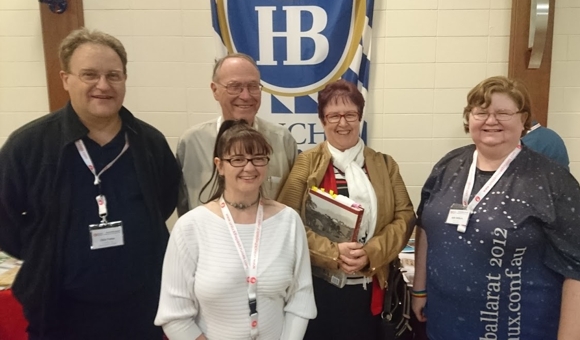
the geneablogger group photo in Adelaide:
Chris Paton, Eric Kopittke, me, Jenni Gay and Kylie Willison
So it was a busy two days of learning, working at the Gould Genealogy stand, and catching up with genie-friends.
—————————————————–
I wanted to say a BIG thankyou to Chris Paton and to Dirk Weissleder … sorry about our lousy, cold winter weather, but thankyou for coming to Australia, and sharing your knowledge with so many along the way. I know it’s been a whirlwind trip for you, but I do hope you enjoyed the visit, and managed to see a few sites along the way.

